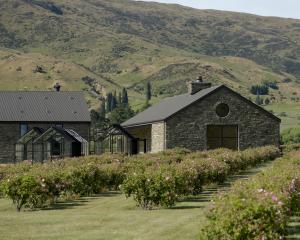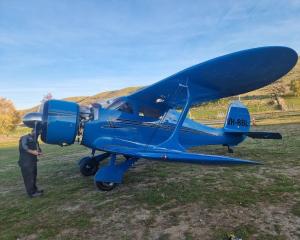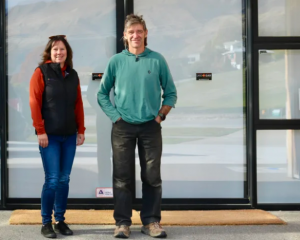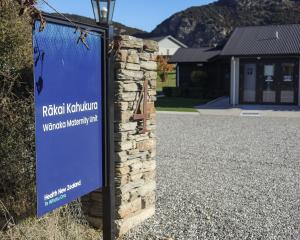
Freedom camping, even in self-contained vehicles, is not allowed in the township, and each infringement notice requires campers who are caught to make a $200 payment to the Queenstown Lakes District Council.
If all had paid, and a good proportion never do, the income to the council would have been $116,400.
None of the money goes to the six Lake Hawea freedom camping wardens — or "responsible camping ambassadors", as the council calls them — who patrol the town at dawn and after dark.
They are all volunteers, and have been doing the rounds for seven years.
Co-ordinator Di Turnbull has just arranged for five more warning signs to be put up but she says signs alone are not enough to deter "irresponsible" campers.
So, each morning at 5.30am, she is one of those who sets out on patrol.
"It is hard and we wish we didn’t have to do it.
"It’s not a nice thing to do."
The worst period is the 10 days around Christmas and New Year, and the biggest offenders are people sleeping in station wagons "just thinking they can do anything they like".
With the signs, and with Lake Hawea’s online reputation as a no-go area for freedom campers, there is "not a lot of excuse" for those found sleeping in their vehicles.
"What more can you do to warn them so they don’t get fined?"
Ms Turnbull is not entirely against the idea of freedom camping.
"But on the other hand, I think people having a free lunch is actually not good either.
"We all pay taxes and rates.
"It’s hard when you see all these people just coming in and fouling your lovely bit of paradise and sort of walking away."
The new, free "hubs" created by the council cater for self-contained vehicles only, while campers in non-self-contained vehicles have the option of using camping grounds.
"If they can afford to come to New Zealand, they should be able to afford the small amount to go to a camping ground."












